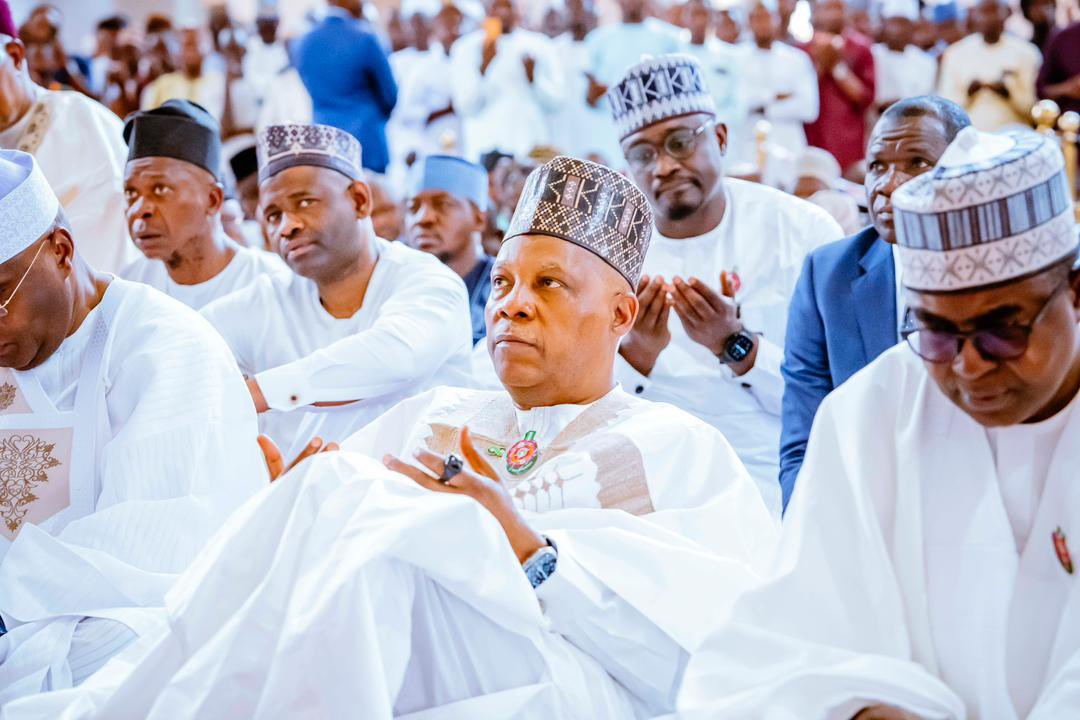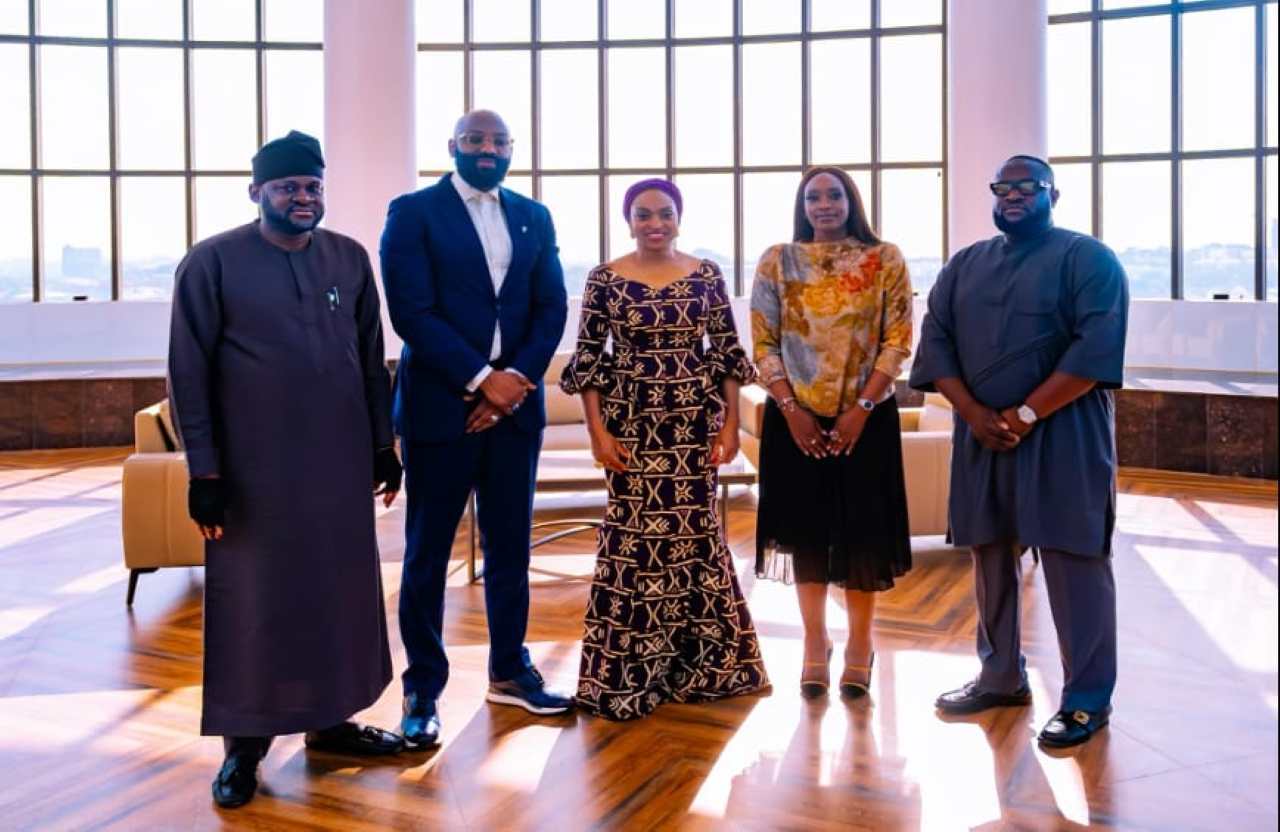Civil society leaders have called for action on reparations for Africa, urging justice, accountability, and compensation.
This took place at the African Union’s Economic, Social, and Cultural Council (ECOSOCC) Civil Society Forum, held in conjunction with the 2025 Interregional Dialogue of Civil Society Organisations (CSOs) in Malabo, Equatorial Guinea.
The event, aligned with the AU’s 2025 theme, “Justice for Africans and People of African Descent Through Reparations,” marked an important milestone in the development of a continental and global reparative justice agenda.
At the centre of the event was a high-level panel discussion titled “The Role of Civil Society in a Future Rooted in Reparative Justice.” The session sparked lively debates around historical accountability and the economic, legal, and moral frameworks for reparations, especially concerning the legacy of slavery and colonial exploitation.
Discussions focused on two prominent models of reparations. One estimated the unpaid labour of 12.5 million enslaved Africans, suggesting over $2 trillion in compensation based on a conservative $5 daily wage over ten years—excluding interest or inflation. The other evaluated the value of resources extracted during colonial rule, estimating Africa lost between $4 and $6 trillion through forced labour, extraction of raw materials, and systemic underinvestment.
Participants also discussed establishing a Global Reparations Fund, proposing it be financed through contributions from former colonial states, windfall taxes on multinational corporations, and climate levies on major polluting nations in the Global North.
Director of Pan African Television, Kwesi Pratt, who is also a long-standing advocate for reparations, presented his new book, ‘History, Struggle, Politics, and the Case for Reparations’. The book, which features a foreword by Ghana’s former President John Dramani Mahama, offers an in-depth analysis of the reparations movement. Pratt called for unity in the global Pan-African cause and urged civil society to bridge ideological divides in the reparations debate.
“No amount of money can repay the millions of lives lost in the transatlantic slave trade. Reparations are about restoring our world,” Pratt said during the panel, emphasising the spiritual and cultural dimensions of reparative justice.
Key voices at the forum included Dr. Catherine Brooks of the UNDP’s African Facility for Support to Inclusive Transitions (AFSA), who highlighted the unique role transitional periods play in rewriting social contracts to include reparative frameworks. Director of the AU’s Citizens and Diaspora Directorate (CIDO), Ambassador Amr Aljowaily, underscored the institutional groundwork laid by the AU for civil society to contribute to long-term reparative efforts. “The Year’s Theme is not a one-off event but a long-term commitment,” he noted, citing collaboration with the Caribbean Community (CARICOM) as an important model.
Executive Director of Reform Initiatives, Makmid Kamara, called for a radical shift in education systems to include reparative education that truthfully addresses Africa’s historical injustices. “Reparative justice is not charity—it is right. We must revive African consciousness, reconnect the continent with its diaspora, and restore stolen lands to their people,” he said.
The forum, which gathered over 200 participants, aimed to consolidate civil society perspectives that will feed into the final communiqué of the 47th Ordinary Session of the African Union Executive Council, scheduled for July 11–13.






